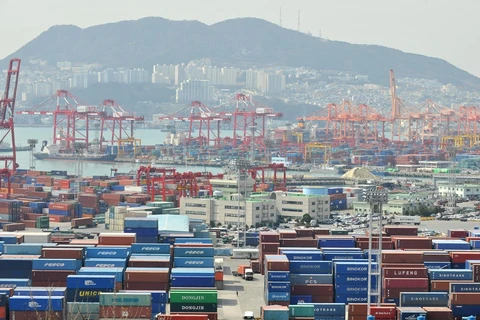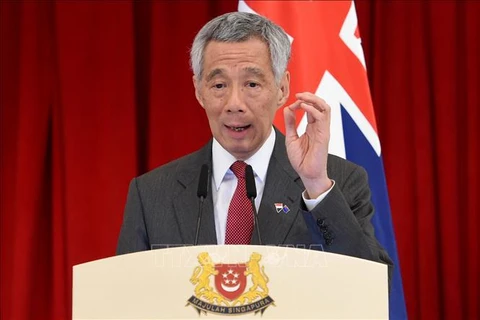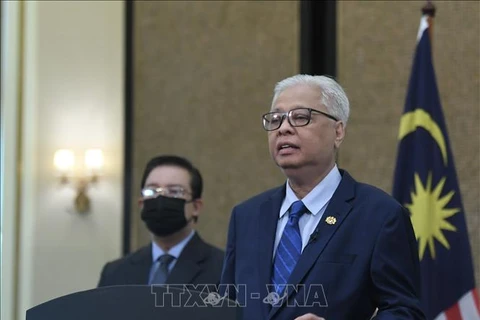Jakarta (VNA) – ASEAN Secretary General Dato Lim Jock Hoi has hailed regional member states for approving the Regional Comprehensive Economic Partnership (RCEP), saying that the implementation of the agreement will provide a tremendous boost to post-COVID-19 economic recovery efforts.
As of November 2, the ASEAN Secretariat had received instruments of ratification/acceptance (IOR/A) from six ASEAN member states, including Brunei, Cambodia, Laos, Singapore, Thailand, and Vietnam, as well as from four non-ASEAN signatory states, namely China, Japan, New Zealand and Australia.
As provided by the agreement, the RCEP will enter into force 60 days after the date at which the minimum number of IOR/A is achieved. This means that the deal shall enter into force on January 1, 2022.
“The expeditious ratification process by signatory states is a true reflection of our strong commitment to a fair and open multilateral trading system for the benefit of the people in the region and the world”, said Lim Jock Hoi on November 2.
The ASEAN Secretariat said preparatory work for the entry into force of RCEP will continue, thus laying a solid ground for the full and effective implementation of the deal through finalisation of its technical and institutional aspects.
Signed on November 15, 2020, the RCEP comprises 10 ASEAN member states together with Australia, China, Japan, the Republic of Korea and New Zealand. It is the world's largest free trade agreement covering about 30 percent of the world's population and 30 percent of the world’s gross domestic product.
With the removal of tariff on 91 percent of goods and standardisation of regulations on investment, intellectual property and e-commerce, the deal is expected to improve the efficiency of supply chains in the region./.

RoK submits bill on RCEP for parliamentary approval
The Republic of Korea (RoK) said on October 1 that it has submitted a bill to the National Assembly to ratify the Regional Comprehensive Economic Partnership (RCEP).























